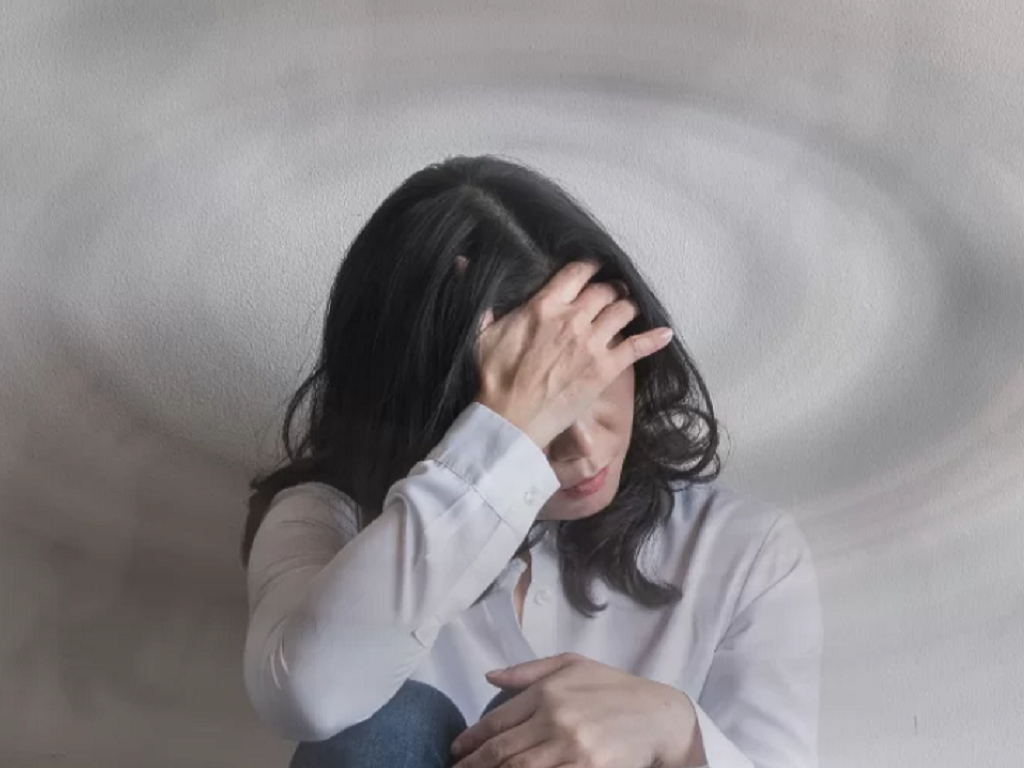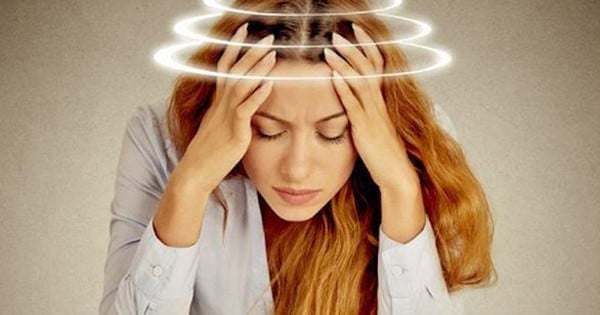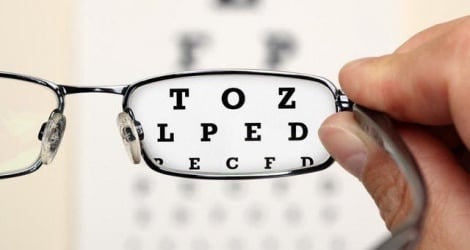The body is a complex biological system that needs to be balanced to function properly. However, lack of sleep can cause imbalances in the system, leading to dizziness. This is especially evident in people who suffer from chronic sleep deprivation. The effects of sleep deprivation can accumulate over time, leading to serious health problems, according to the health website Medical News Today (UK).

Lack of sleep negatively affects brain function, causing dizziness, loss of concentration and many other health problems.
Sleep also plays an important role in brain function. Optimal cognitive function, memory, and problem solving require adequate sleep. Insufficient sleep impairs these functions, as well as causing dizziness and vision problems.
One of the reasons why lack of sleep leads to dizziness is because it disrupts brain function. Many studies have shown that not getting enough sleep or waking up in the middle of the night on a regular basis will negatively affect brain function, leading to feelings of fatigue, lack of concentration and even dizziness.
In addition, lack of sleep also affects the function of the inner ear. In the inner ear, there is a premotor system, which is mainly responsible for the body's ability to control balance. Lack of sleep affects this function. With vestibular disorders, although lack of sleep does not directly cause the disease, it can trigger symptoms in people who have had it before.
In fact, the relationship between sleep and physical health is complex. In addition to dizziness, lack of sleep causes a host of symptoms such as headaches, fatigue, and blood sugar fluctuations.
These symptoms can impair the ability to coordinate movements of body parts, such as the ability to coordinate the arms and legs. This condition does not cause dizziness but will worsen the feeling of dizziness, according to Medical News Today .
Source link









































Comment (0)